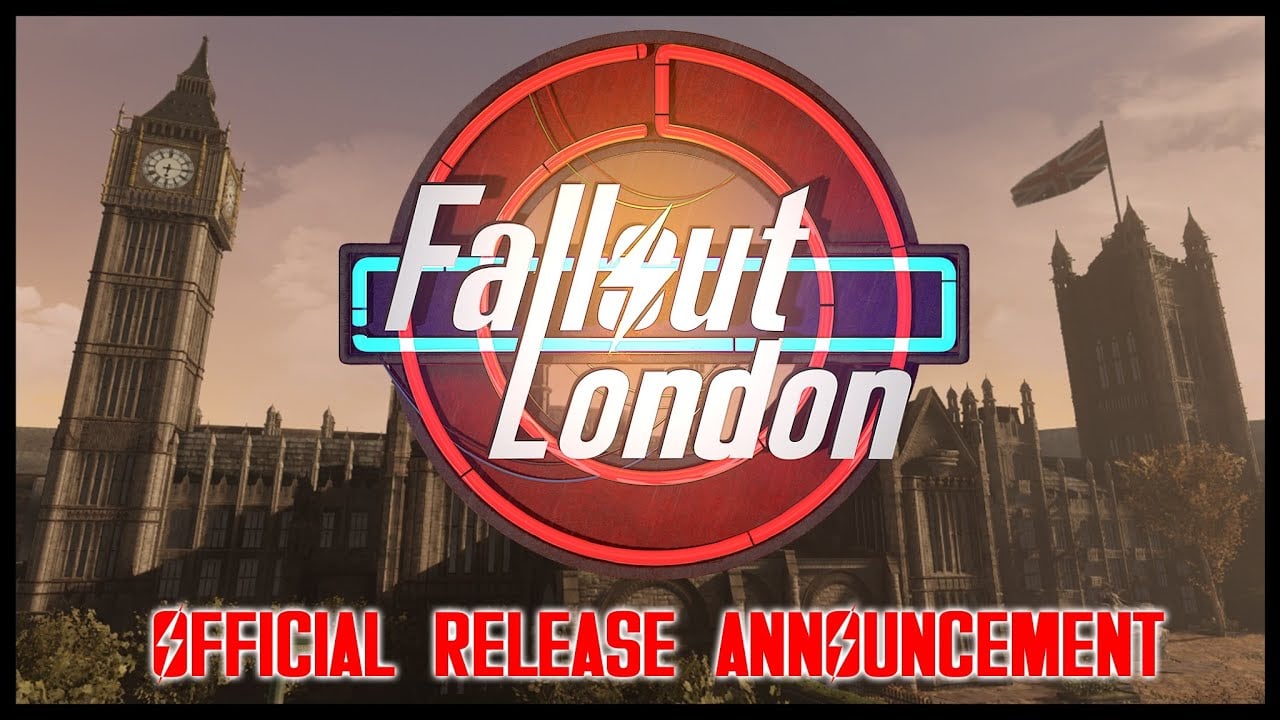

First off, thanks for bearing with me. This is a good question!
But I agree that we may benefit from narrowing our topic to a more specific field of discussion. I would be interested in knowing how you feel a profit driven SOE is inherently different from a private company.
The framing of this question is important. Are we evaluating effectiveness? Loyalty to Marxism itself? Simply looking for points of divergence? I’ll assume you are more interested in the benefits of SOEs, and whether or not they are loyal to the Marxist idea of Socialism, you can correct me if I’m wrong on that.
Since I am assuming we are evaluating from a Marxist perspective, it truly is important to apply Dialectical Materialism. One of the pillars of DiaMat is that any analysis that doesn’t see the entirety of the system, and purely compares stationary snapshots of entities, is not Dialectical analysis but mechanical.
Within the context of the PRC, SOEs are guided by the CPC, which practices central planning as can be made to work with the rest of the CPCs planning, while private companies in Capitalist countries are the ones lobbying the State for lucrative projects of their own. The fact that SOEs are profit driven does not mean that they are guided by Bourgeois interests. It’s a measure similar to the NEP.
Private companies within the PRC as compared to SOEs obviously see less direct influence and guiding than SOEs do, but similarly exist under the thumb of the PRC, who allows them to act in their own interests as long as they fulfill their role in rapidly building up the productive forces, which we can see is a role that, to this point, has helped dramatically compared to the era of Mao and the Gang of Four, which saw much slower development.
In my opinion so long as the company’s structural hierarchy and it’s inherent purpose remains the same or similar, there’s not really going to be a meaningful difference in how the workers are treated. For example, don’t really see how the workers have seized any more of the means of production than a worker for a company that offers stock options.
This really depends on outside factors, again analyzing the context within which these entities exist. In SOEs and Private Companies within the PRC there are elements of Workplace Democracy, as I showed prior, but the idea that business entities are perfectly democratic within the PRC is false, which is why I haven’t attempted to make such a point. Assuming the CPC is in fact a Dictatorship of the Proletariat (and we must do so for this argument to not spiral into endless discussions again, we can absolutely revisit this as its own argument if you wish), then this is an example of a Proletarian managed market economy, which is different from Social Democracy where the State acts in the interest of the Bourgeoisie. Given that the CPC regularly punishes their domestic bourgeoisie and the CPC itself has a 90%+ approval rate among the people, we can at least see that the CPC appears to be acting and managing for the benefit of society as a whole, and not for their bourgoeis class.
There’s still just as much opportunity and motivation for exploiting workers. There’s still an inherent profit motive that spurs the worst aspects of capitalism. Even if we propose that there could be less destructive competition due to the states monopoly of production, the fact that these SOE are publicly traded still means there’s a competition of capital acquisition. These SOE still have to make sure they invest a significant amount of their excess production value back into the organization to ensure their stock increases in value next year.
You are correctly identifying that there is a contradiction at play. The benefits of the market economy are in rapidly developing the productive forces and educating the working masses in how to manage and run production. This is where Historical Materialism comes in, the CPC can’t beam information into everyone’s brains and mind control them. Instead, market forces result in syndicates and monopolization of Capital, which is dominated and manipulated by the CPC. As the markets develop themselves, they increasingly make themselves easier to directly manage and operate from above. Imagine a million competing factories in earlier Capitalism, and compare it to the era of monopoly Capitalism where a dozen companies practice their own planning, then imagine there is an entity pulling the strings, letting them grow, then seizing them in proportion to their growth.
Thank you for your time, it’s pleasant knowing you can still get into the nitty and gritty with someone you don’t 100% see eye to eye with, and not have it break down to name calling. Cheers.
I try to treat those who treat me with respect with respect in kind. Cheers!





Sure, sounds reasonable.
Correct, there is a contradiction at play, and a risk. We do not appear to see this playing against the CPC pruning and managing a Socialist Market economy though, at least not yet.
Again, I had to. Analyzing the CPC as a DotP would be a conversation in and of itself. If you disagree, we can discuss that point, but the limitations at play means we must make the assumption for the rest of the analysis. It isn’t perfect, but I can’t write a book, here.
Hierarchy isn’t the problem, class control is. Hierarchy is a tool. Creating Capital is absolutely important for the PRC, the lack of it under the Gang of Four led to struggles. The CPC controls and carefully manages and prunes the economy as it grows, and absorbs more as it socializes more of its economy as it ripens, so to speak.
This is where the Marxist Theory of the State comes in. If the economy is fully socialized, then it isn’t competing with itself, and is being planned by the people for the benefit of all. Class antagonisms no longer exist, and the state transitions, as Engels describes, to an administration of things, rather than a policing of people. It won’t be Anarchist, but it will be on the way to Communism (the state can’t fully wither away until global socialism is achieved).
I’m aware of the Anarchist critique of Hierarchy, I just don’t see it as the primary issue. Socialism isn’t a temporary sacrifice, but a drastic improvement on the status quo, and Communism an improvement on it.
You too!